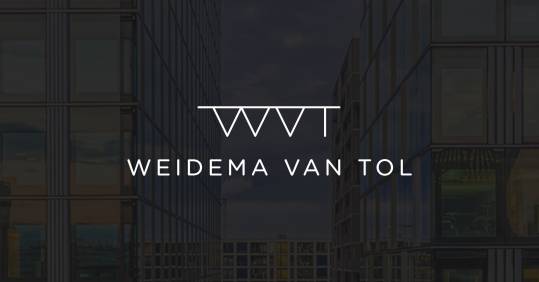Prinsjesdag 2023: Changes in Dutch Tax System
Every year on the third Tuesday of September (Prinsjesdag) the Minister of Finance proposes the next year’s national budget and the Budget Memorandum (the so-called Miljoenennota).
Below you can find an overview of the changes in Dutch tax system.
Changes in fiscal arrangements for business transfer
The government wants to keep the business succession regulation (nl: Bedrijfsopvolgingsregeling, BOR) and the substantial interest transfer regulation (nl: de doorschuifregeling aanmerkelijk belang, DSR ab). However, it wants to modify the schemes in a number of ways. The idea behind these changes is for the fiscal arrangements to be applicable only with the real business transfer – thus only the business assets and not investment capital. The government proposes that the fiscal arrangements will no longer be applicable for:
- As of 1 January 2024:
o Real estate leased to others. - As of 1 January 2025:
o All the investment assets of a private limited company (currently there is an exemption of up to 5% of company assets). The 1 January 2025 date concerns BOR, DSB ab will change on the later date.
o Business assets worth more than EUR 100,000 that are also used privately. The fiscal arrangements will then no longer apply for the part that these assets are used privately.
Additionally as of 1 January 2025 the government proposes following changes: - For the DSR ab: drop the employment requirement. The new owner is no longer required to be employed for at least 3 years when donating a substantial interest.
- The BOR and the DRS ab: to be applicable only to gifts to someone aged 21 or older. This requirement will not apply to inheritance.
- For the BOR: adjustment of the exemption. The government wants to increase the 100% exemption to €1.5 million (goingconcern value). The exemption above this amount will then become 70% free instead of the 83% that currently applies.
The above is still a subject to approval by the Dutch parliament.
Transfer tax
The government plans to levy 4% transfer tax on the transfer of new real estate through share transactions. This means that the businesses will pay approximately the same amount of tax as in case of direct delivery of new real estate. There are plans for transitional arrangement. The government intends to introduce the tax and transitional arrangement on 1 January 2025.
The above is still a subject to approval by the Dutch parliament.
Income tax (Inkomstembelasting)
The income tax for employees has two tax brackets. In 2024, the second tax bracket, the high-income earners, will be indexed less, namely at 3.55% instead of 9.9%.
Employment tax credit increase (Arbeidskorting)
The government plans to annually increase the employment tax credit. The increase is advantageous to employees earning from statutory minimum salary up until EUR 40,000.
Offering public transportation cards to employees
The government plans to simplify offering of the public transportation cards to employees. Currently, providing and reimbursing a public transportation card required from an employer to keep a lot of records. Additionally, an employer must currently withhold and remit payroll taxes if the employee does not utilize the public transportation card for business purposes.
The above is subject to approval by the Dutch parliament.
The information herein is general in nature and cannot be considered as advice.
